News
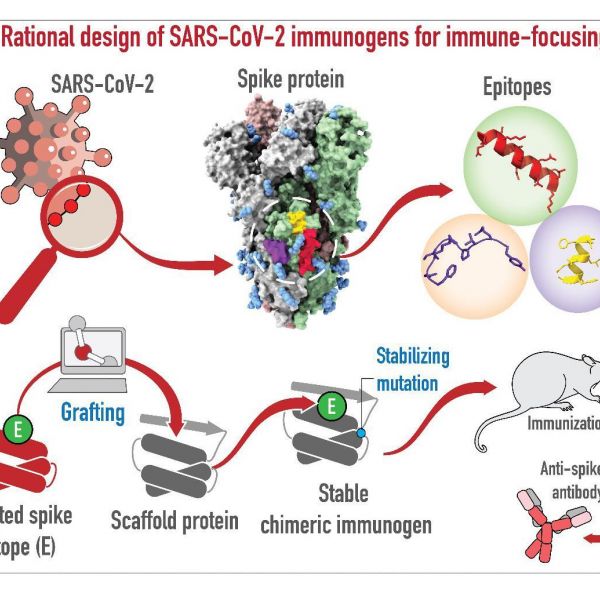
Oct 19, 2022
Newly engineered protein could be used to develop adaptation-proof COVID vaccine
A vaccine design approach that could protect against new variants of SARS-CoV-2 — the virus that causes COVID-19 — but also potentially protects against other coronaviruses is one step closer to reality as a result of research at Penn State College of Medicine.
Full Article

Oct 19, 2022
Penn State, State College data on SARS-CoV2 in wastewater now available online
Data from Penn State researchers’ SARS-CoV2 wastewater monitoring program in Centre County is now available online on the Centers for Disease Control and Prevention (CDC) National Wastewater Surveillance System (NWSS) website.
Full Article

Oct 07, 2022
Rabbit virus has evolved to become more deadly, new research finds
A common misconception is that viruses become milder over time as they become endemic within a population. Yet new research, led by Penn State and the University of Sydney, reveals that a virus — called myxoma —that affects rabbits has become more deadly over time
Full Article
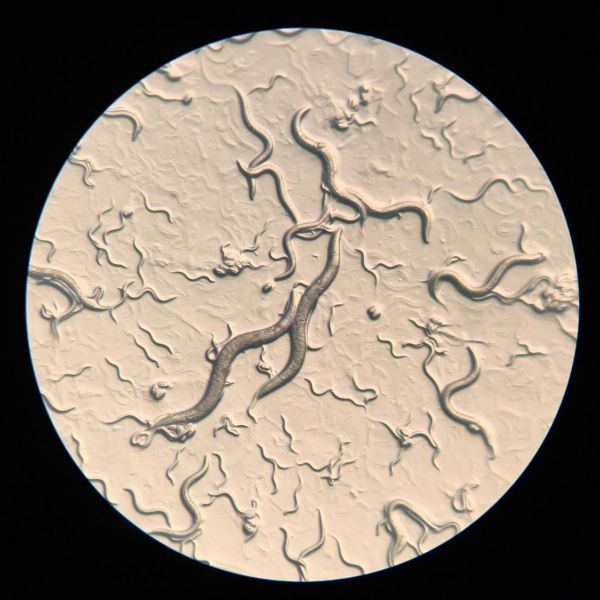
Oct 03, 2022
Disease outcomes differ by new host species in virus spillover experiments
Why has the SARS-CoV-2 virus ravaged the global human population, but many other animal viruses haven't? Using nematode worms as a model, researchers at Penn State conducted a set of experiments to investigate the factors influencing the disease outcomes of virus spillover events.
Full Article
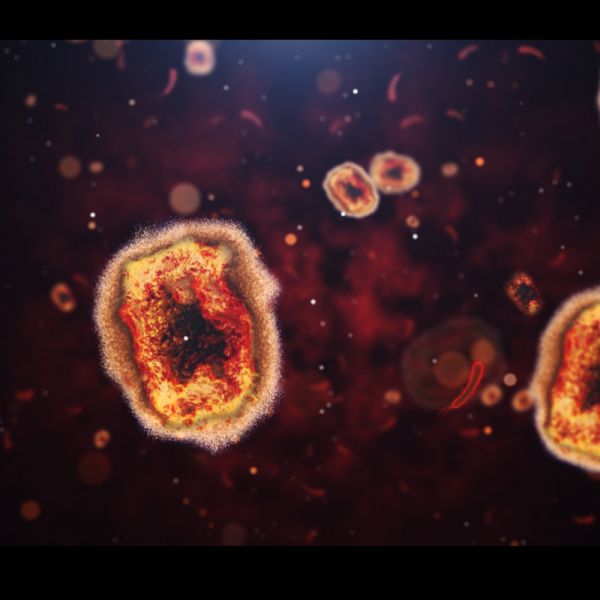
Sep 14, 2022
What are potential animal reservoirs for monkeypox?
While monkeypox has been circulating in Africa for many years, the recent outbreak across the globe has exposed considerable uncertainties about the virus’ transmission.
Full Article

Sep 09, 2022
COVID-19 drugs persist in wastewater, may pose risk to aquatic organisms
Certain drugs used to treat COVID-19 patients — including remdesivir, dexamethasone and antibiotics for associated bacterial infections — persist through wastewater treatment and may occur in waterways at levels high enough to negatively affect aquatic organisms, according to a new study led by researchers at Penn State.
Full Article
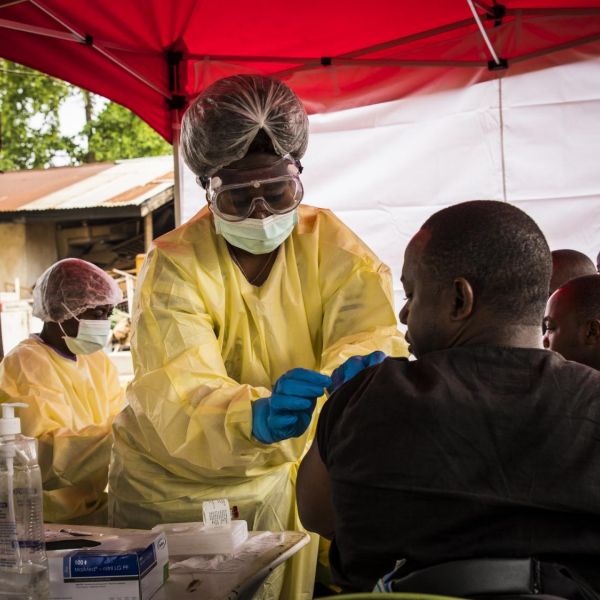
Sep 01, 2022
Penn State team awarded $2.3M to assess disease vulnerability, improve response
An interdisciplinary team from Penn State has been awarded $2.3M from the National Institutes of Health and the National Science Foundation’s joint Ecology and Evolution of Infectious Disease (EEID) program to evaluate the vulnerability of certain populations to disease outbreaks, with the goal of improving outbreak response and preventing future outbreaks.
Full Article
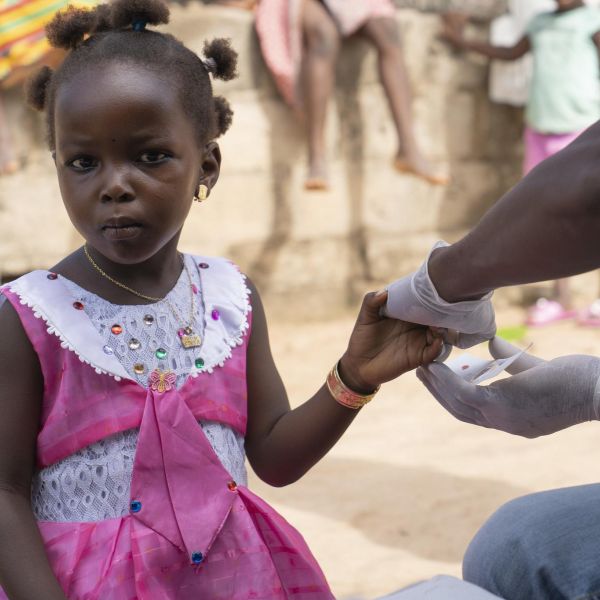
Aug 29, 2022
Partner-drug resistance accelerates resistance of first-line malaria drug
A new research collaboration between Penn State, Oxford, and Imperial College London demonstrates that resistance to partner drugs facilitates resistance evolution to artemisinin, the world’s most important first-line drug for the treatment of malaria.
Full Article
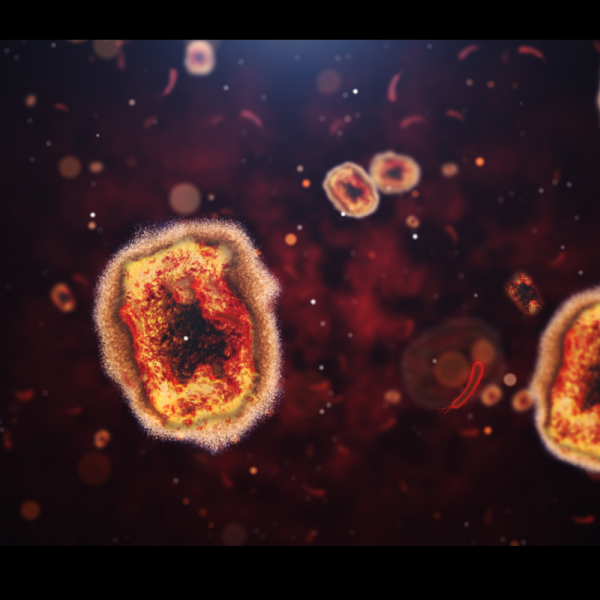
Aug 24, 2022
What do I need to know about monkeypox now?
More than 10,000 cases of monkeypox have been reported in the United States since May, triggering the U.S. Department of Health and Human Services to declare the outbreak a public-health emergency.
Full Article
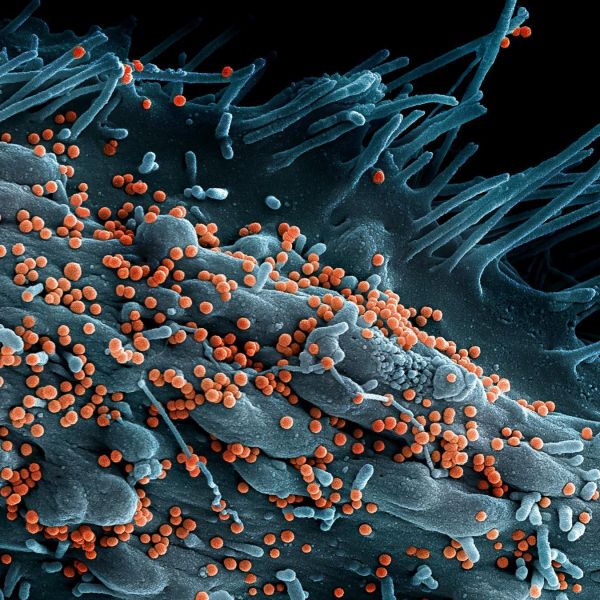
Aug 17, 2022
Penn State research team will study Lassa virus spread in Nigeria
A team of researchers led by Penn State has been awarded $4 million from the National Science Foundation to investigate the elements that lead to the spread of Lassa virus from rodents to humans in Nigeria.
Full Article